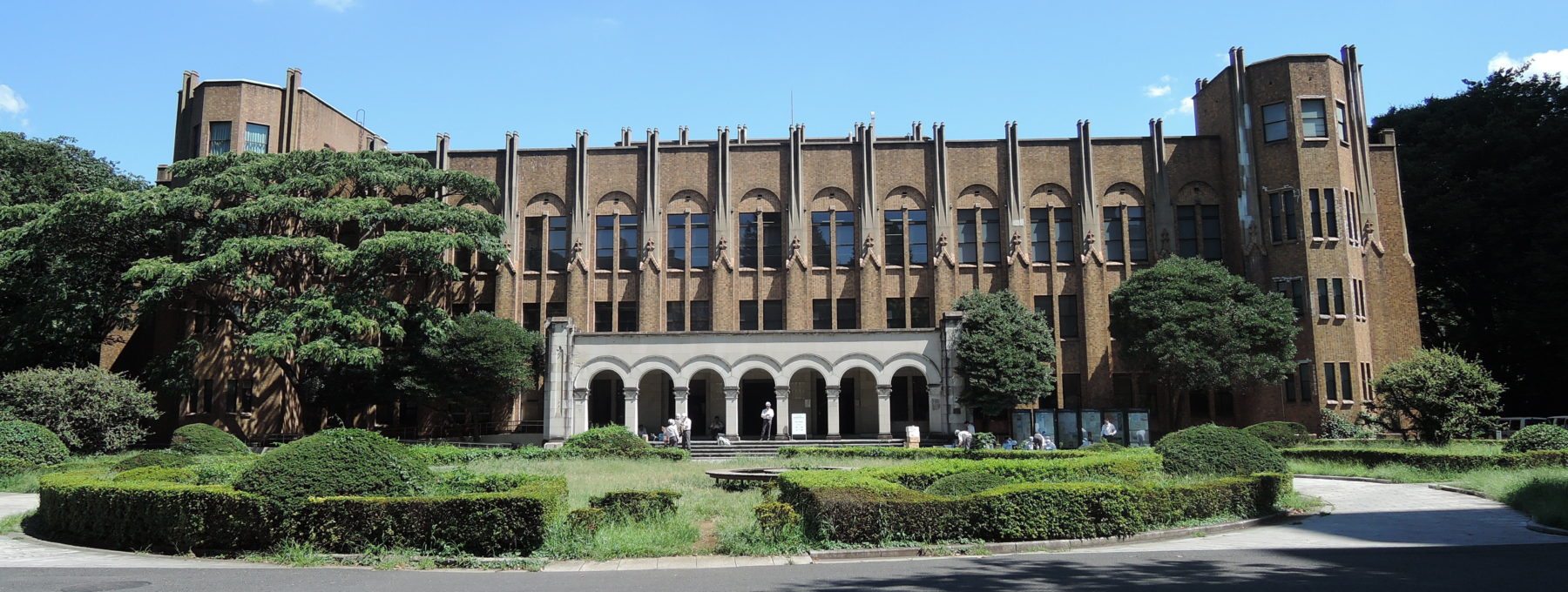Global Student Stories – 07/01/2017
Here are this week’s global student stories, from Egypt, Japan, Zambia and the USA. These include university Professors in Egypt being arrested for organ trafficking, housing schemes to promote more female university students in Japan and American students and professors of climate change preparing for Trump’s Presidential era.
Egypt: University Professors arrested for organ trafficking
Medical professors from the Universities of Cairo and Ain Shams in Egypt, have been arrested on suspicion of involvement in the country’s largest illegal organ trafficking ring in history.
In total 45 suspects were detained within the last month including not only academics but also doctors and laboratory owners.
Most notably were the arrests of Dr Saad Al Basha, diector of anaesthesia and Dr Sherif Ibrahim, director of surgery, both leading Professors at Cairo, Egypt’s top-ranking University.
Allegedly some Egyptians who sold their organs to the ring were actually selected from university hospitals.
However, any knowledge of involvement has been firmly denied by Cairo University’s president, Gaber Nassar.
Egypt, which was named by the World Health Organization in 2010 as among the worst five countries for organ trafficking. Despite laws passed since to prohibit the trade, widespread poverty has ensured the black-market sales of organs has been on-going.
In a statement the Egyptian Health Ministry condemned the actions of the Professors and other individuals involved, stating: “[They] exploited the economic situation of some Egyptians and the suffering of some patients and their need for treatment, to take large financial sums from them.”
The University plan to take action following the results of the upcoming trial.
Japan: Top Japanese University offers cheaper rents for female students
The University of Tokyo in Japan is offering to subsidise rent for female students, in the hope of improving the gender balance on campus.
From April, the University will pay 30,000 yen (£223) per month towards each female student’s housing cost, for the first two years of their degree.
This new initiative results from the fact that currently only 20% of the institution’s applicants are female and even less go on to study there after passing the entrance exams.
When compared to 40% across Japan as a whole, the amount of female students attending Tokyo University is strikingly low.
In order to qualify for the subsidy, each student’s family home must be more than 90 minutes from the campus. Parent’s income is not a factor in assessing eligibility for the subsidy.
Further to these cheaper rents the University is seeking to build 100 apartments close to the campus that meet strict safety and earthquake-resistance standards.
This project aims to address parents concerns about finding safe housing for their daughters leaving home to study, which may be currently preventing female students applying in equal numbers.
Zambia: Zambian students graduate via online teaching from Northern Irish University
Five students from Zambia have received University diplomas in computing after being taught by tutors who were over 5,000 miles away in County Tyrone, Northern Ireland.
The four year course was delivered using a live video and audio link between a classroom in Ndola, northern Zambia, and South West College in Omagh.
The students learnt computer programming, software development and data analysis using equipment provided by a charity working to help overcome the challenges Zambian students face in accessing further education.
Ciara Duffy Manager of the e-learning project said of the students success: “The students have persevered through significant challenges – drought, lack of electricity, walking through the rainy season. They’ve achieved so much and we’re so proud.”
The five Zambian students attended the South West College graduation ceremony in Omagh in December 2016. Here they met their lecturers face-to-face for the first time.
The students spoke very positively of their experience. Phales Mizinga told BBC News: “In our country when you complete grade 12, you need to wait for a number of years to do some work here and there so that you can raise some money for the sponsorship for college. I had this sponsored programme so I didn’t have to wait.”
US: Universities rush to save climate change data before Trump era
Scientists, librarians and digital historians from a growing number of American Universities have begun an effort to archive federal government data sets related to climate change.
They fear the information could become inaccessible under the administration of Donald Trump, who has previously referred to climate change as a hoax and promised to undo environmental measures taken by Obama.
The initiative took off in response to an essay in The Washington Post by meteorologist Eric Holthaus.
Holthaus warned Trump’s recent appointments were shaping an administration “likely to be wilfully hostile toward the scientific process”.
The University of Pennsylvania appear to have taken the lead and are managing a spread-sheet where other Universities can upload scientific resources so they are readily accessible.
A ‘guerrilla archiving’ event will be hosted at Pennsylvania this month, where professors, students and volunteers will work to improve the digital tools for uploading, tagging and archiving data.
Other Universities have taken similar action. Nick Santos, an environmental researcher at the University of California has been copying government climate data onto a public server.
He said: “Something that seemed paranoid to me all of a sudden seems realistic… hopefully they leave everything in place, but if not, we’re planning for that.”

Comments